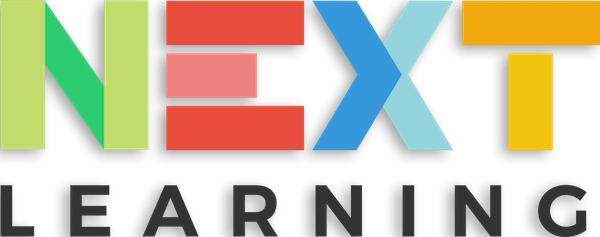As the 2020 school year barrels toward its last days, all of us at Next Learning want to thank our clients and wish one and all a well-earned summer break.
We’d also like to reflect on the year without once using a word more popular now than ever. (Hint: it begins with ‘un’, contains a shorter word, ‘precedent’, and ends with an abbreviation for ‘education’.)
Educators of the 21st century have shown us many times over that they are committed and adaptable. Without those qualities, indeed, few would be able to maintain and extend careers in teaching. The challenges of the profession are immense, and the tools available to teachers change and need to be assimilated into the classroom rapidly.
As principals across Australia make end-of-year speeches and write columns for their 2020 yearbooks, most – if not all – will highlight to their communities the demands imposed on schools by the Covid-19 pandemic, commending staff for their response.
So they should. As co-founder Shane McGurk commented back in Term 2. ‘Individual teachers have stepped up and underlined their commitment to effective teaching.’
Earlier, teachers had coped with smaller attendances resulting from parent-driven absenteeism while also providing learning resources to children at home and ramping up online teaching capability. The heat was definitely ON.
The heat remained ON as schools later needed to deal with backlogs of work and events. And while summer will bring many hot days, teachers across Australia are now mopping their brows and saying, ‘Phew. We did it!’
Individual teachers have stepped up and underlined their commitment to effective teaching.
Shane McGurk
We can all be hopeful that 2021 will not make 2020 look like ‘the new normal’, but the reality is that the world will never be quite the same again.
Covid-19 underlined what Next Learning has spent years pointing out: that effective 21st century educational institutions will prioritise agility, and ed-tech, e-learning and mobile communications will all be central to their success.
2020 showed us that those teachers with the highest proficiency in the integration of technology into teaching were best placed to continue delivering high quality education when confronted with a pandemic.
The year also demonstrated that schools with the most up-to-date communication tools were best placed to deliver learning to students and information to parents and caregivers.
It’s tempting to say that it is impossible to put a price on the value of such agility – but free advice from Next Learning can do just that.
In the end, Covid-19 has not changed everything. Just as 21st teachers have simply continued to prove themselves committed and adaptable, it remains simple common sense to invest in upskilling staff, improving institutional capability in the digital learning space and ensuring that your online communications meet the expectations of your valued community.
At Next Learning, we’re ready to work with you at the nexus of learning and technology. If you’re ready too, give us a call on 1300 457 122 or email us at info@nextlearning.com.au.










